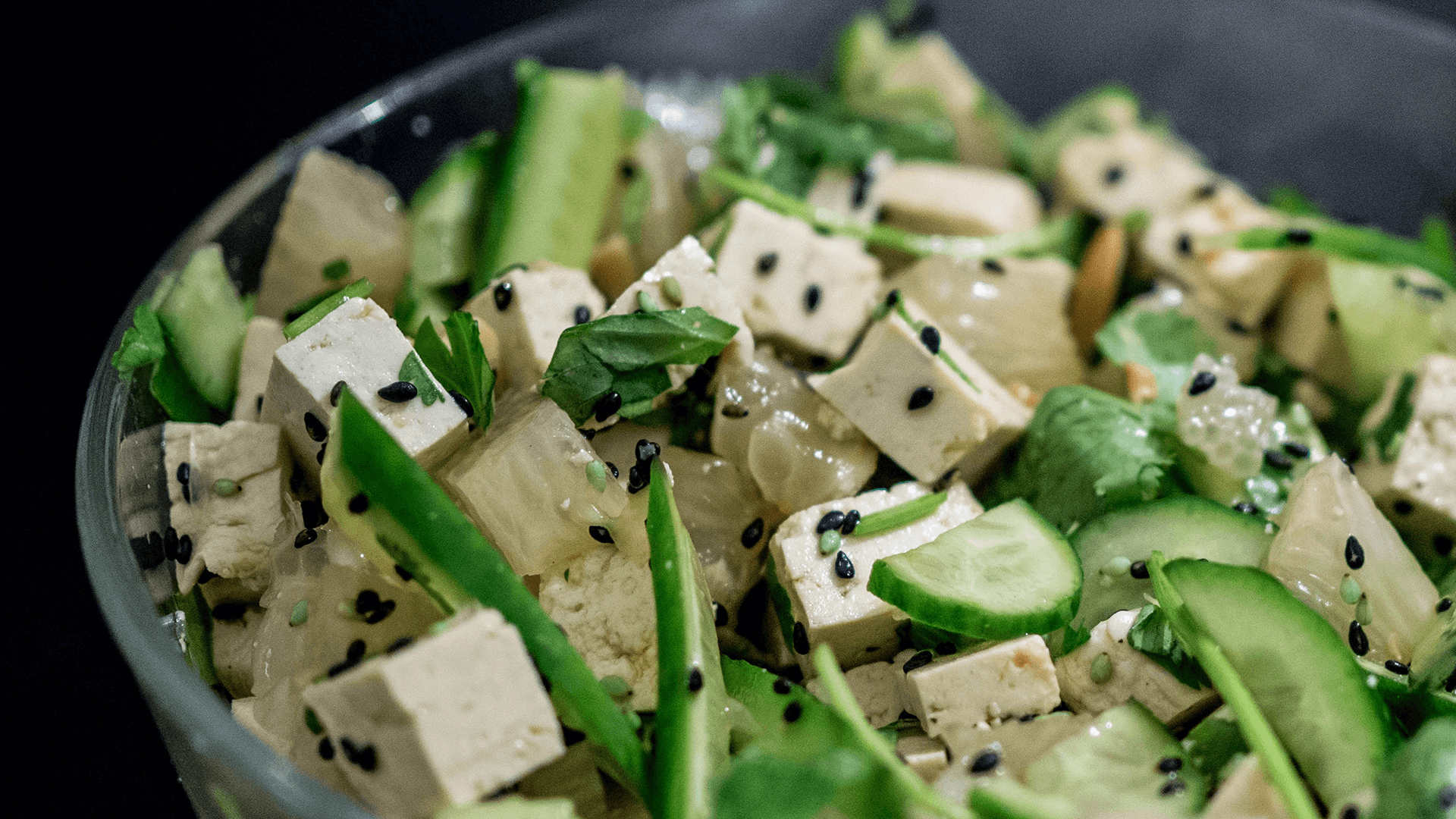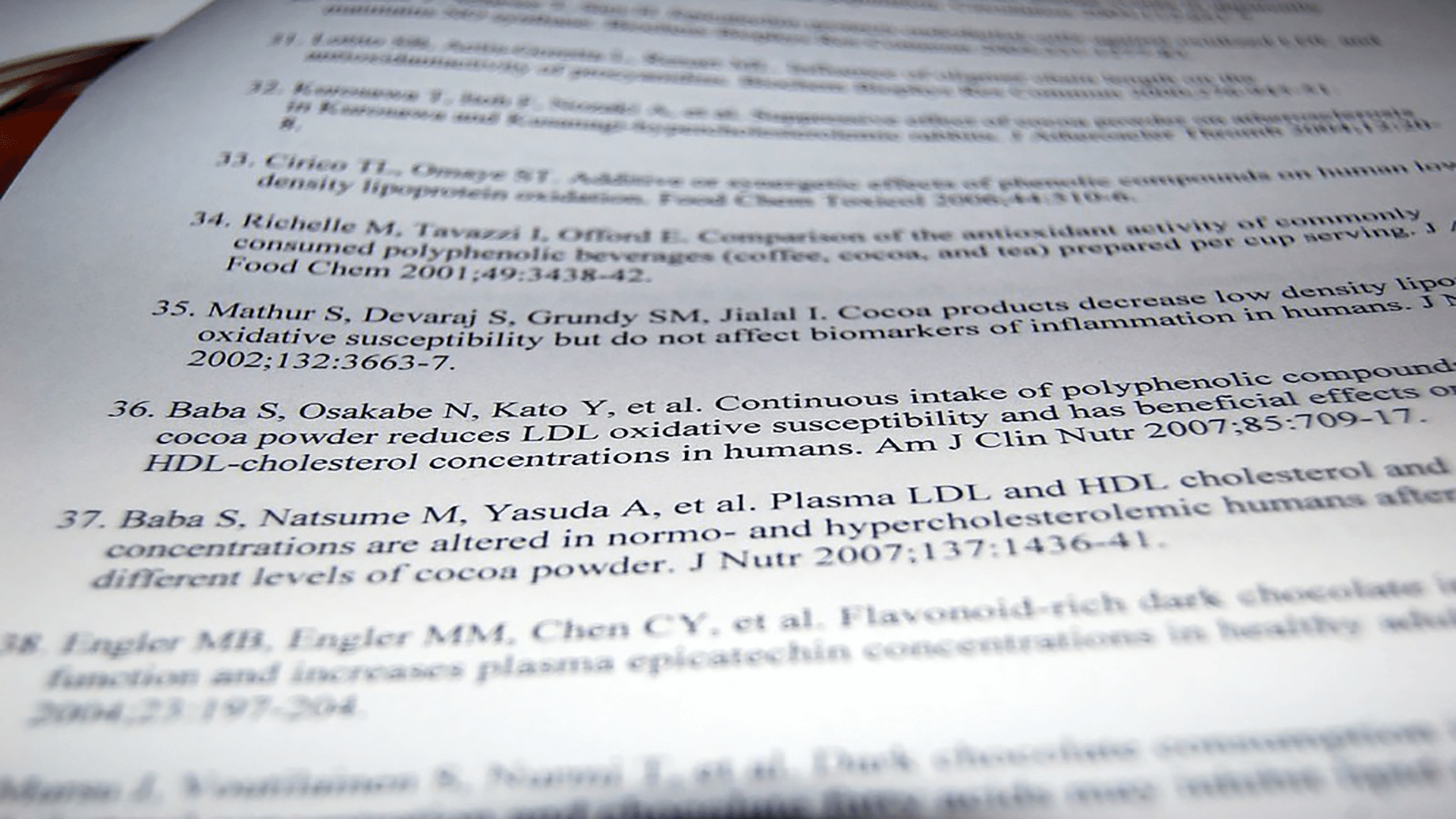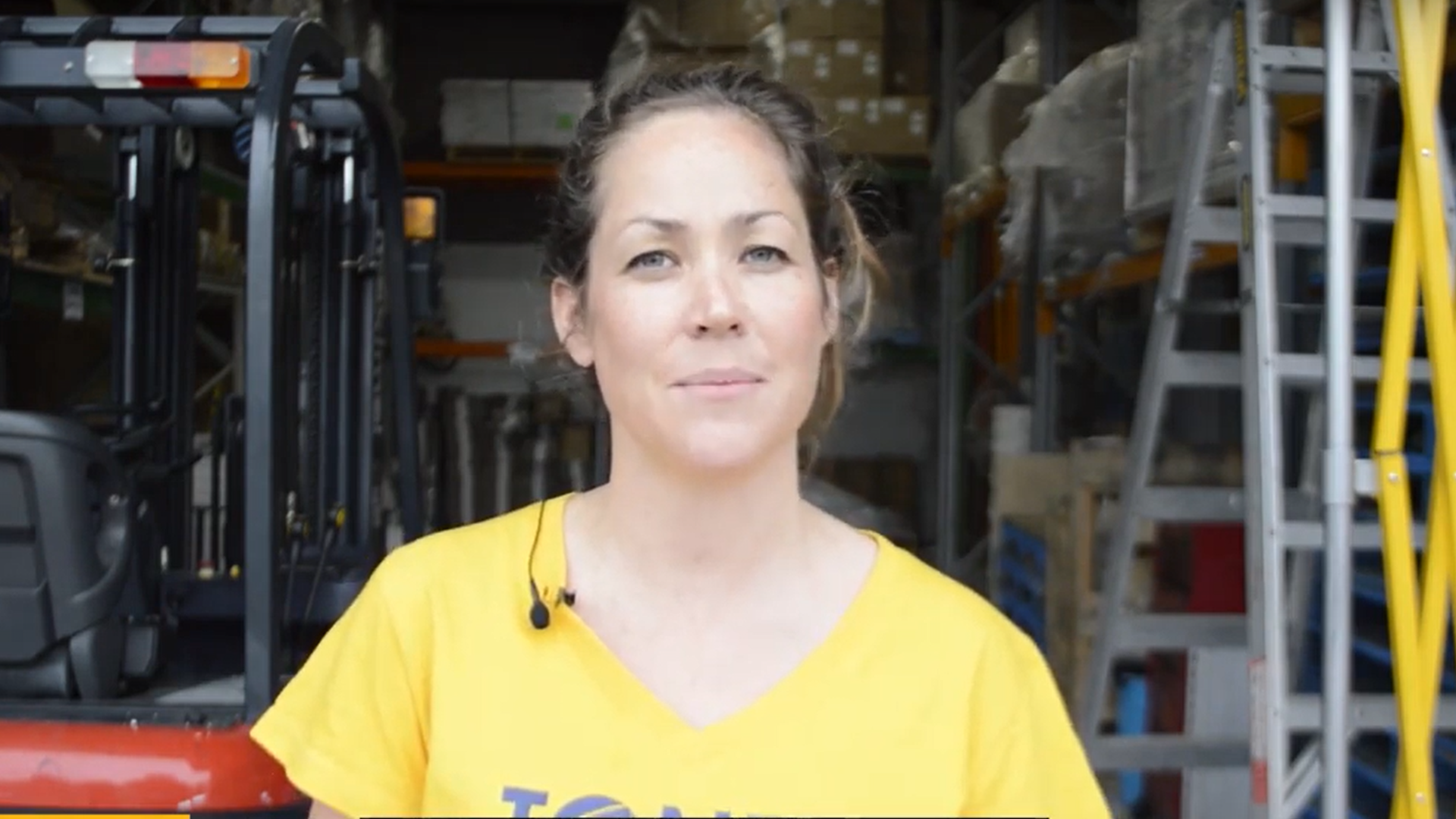Eating traditionally made tofu helps prevent breast cancer
Emerging research again confirms long-standing epidemiological data that eating traditionally made whole soybean foods, such as tofu, may decrease the occurrence of breast cancer. Women in Asian countries, who consume high amounts of these natural foods, have breast cancer rates up to five times lower than those in the West¹.
Interestingly, the daughters of Asian women who immigrate to Western countries – eating far less tofu – have significantly higher breast cancer risk²⁻³.
‘What we know about soy consumption in humans is that whole and minimally processed soy foods, such as edamame, tofu, and tempeh, have been shown in several studies to protect women from breast cancer recurrence’
Maggie Neola, Barnard Medical Center and Physicians Committee, Washington⁴.
Global research shows tofu to be a powerful preventative
Many large Japanese and American studies have found that relative risks of postmenopausal breast cancer were lower among women with higher intakes of soybeans⁵⁻⁸. The Shanghai Women’s Health Study and an additional 13 prospective cohort studies reported the same thing; the more traditionally made soybean foods in the diet, the higher the protection against breast cancer. Good quality tofu does not increase breast cancer risk and seems to exhibit a protective effect on breast health, regardless of other lifestyle and diet choices. Tofu – made the old-fashioned way – was the most consumed soy food in the research⁹⁻³¹. Natural tofu contains compounds such as isoflavones which have the “putative ability to inhibit carcinogenesis” (cancer growth) ³²⁻³⁹.
The modern diet and disease rates
The traditional Japanese plant-based diet – rich in tofu – is the opposite of the modern Western diet. Could our lack of plant-based foods alter our hormone production, metabolism, or immune system at the cellular level? Epidemiologic evidence strongly suggests this as the highest levels of plant compounds in the diet are also found predominantly in regions with low cancer incidence⁴⁰.
‘Studies have not shown any increased risk of breast cancer recurrence or death linked to soy consumption. In fact, higher amounts of soy were linked to a lower risk of breast cancer recurrence or death’
Wendy Chen, MD, MPH, Breast Oncologist, Susan F. Smith Center for Women’s Cancers, Dana-Farber.
Natural wholefood soybean tofu is a nutrition-packed complete protein superfood
Tofu is easily absorbed by the body, has an amazing 12% complete protein, and contains all nine essential amino acids, making it an important protein source. Tofu is low in saturated fat, yet rich in folate, calcium, iron, magnesium, phosphorus, potassium, and vitamin B2. Soybeans also contribute 40 times more protein per area of land than meat farming, so they are incredibly good, ethically, for people’s health and for the environment.
Which soybean foods should I eat?
If you’re a woman concerned about breast health, then stick to healthy, wholefood soybean foods such as tofu, tempeh or edamame. Many soy-based foods in the West are quite different from the wholefood soybean foods consumed in the traditional Asian diet. Western soy foods are often made with extracted soy proteins, concentrates or isolates, and there is a distinct lack of agreed data about the health benefits of soy protein isolates⁴¹⁻⁴². According to the USDA, over 90% of soybean farmland in America now grows genetically engineered (GE/GMO) soybeans. There is much controversy and global concern about the growing and consuming of genetically modified soy⁴³⁻⁴⁵. So read your labels carefully then go ahead and grab your favorite certified organic tofu without concerns that it may put you at risk of anything more than eating too much of it! Tofu is a tasty delight when placed into a curry or Asian-flavoured meal.
Not all tofu is created equal
Look for the WSB logo as this guarantees your wholefood soybean product is:
- Vegan, dairy-free & gluten-free
- An ethically sourced, supplied & produced product
- Premium non-GMO, Biogro® ‘Certified Organic’ whole soybeans
- Free from soy extracts, isolates, powders & defoaming agents
- Free from artificial additives, preservatives or fillers
- Made traditionally, with natural nigari (not calcium/magnesium sulphate)
- Made using the timeless Japanese stoneground process
References available here








